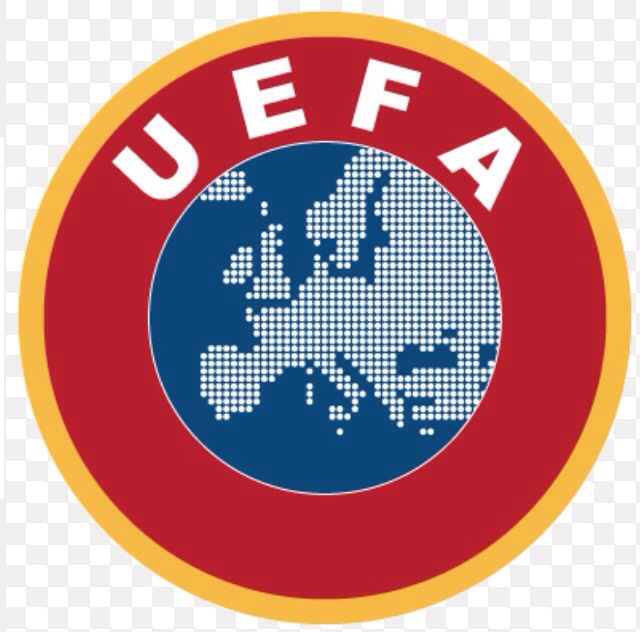Yesterday, Manchester City were handed a £50m fine under UEFA’s financial fairplay policy. The sanction also included a 21 player squad size restriction for the 2014/5 Champions League season. Further conditions of the sanction are to be revealed this week however City have decided to appeal and will await the the UEFA panel’s final decision. If still in disagreement, City can lodge their case to the Court of Arbitration for Sport in Lausanne, Switzerland.
What is FFP really?
The UEFA Financial Fair Play regulations govern all clubs involved in UEFA competition (CL or Europa League). The regulation provisions were agreed in September 2009 by the Financial Control Panel spearheaded by Michel Platini. The aim was to implement regulation that prohibits “financial doping” and provide policies that promote football clubs as sustainable businesses. Ultimately in pure numbers, the policy stipulates that the break-even deficit(loss) for a club in 2013/14 season should not fall above €45m(taking into account the past three income reporting periods).
Now examining a football club like business, a club can accrue income from two primary sources, competition and commercial. Competition income strongly depends on match-day ticket sales and competition prize money. Income determined by a team’s performance on the pitch. Commercial income can also generate large swathes of funds, possibly from TV revenue or merchandising. Manchester United for example generate merchandising revenue by corporate sponsorship of their team kit and training ground. They also have foreign partnerships in the world’s two biggest economies, US & China. Clubs incur costs predominantly from player acquisitions and wages. The problem with a football club is whether it should it be allowed to spend more than income without a claim to tangible and intangible assets (debt+equity). Would a firm such as Tesco be allowed to continually accrue losses if the amounts were only accounted for by a sole owner? Now this is where UEFA FFP regulation takes effect.
Clubs such as PSG & Manchester City continue to play russian roulette, practically placing huge bets on their future earnings to collaterise their current expenditure. City have received close to £1bn of Abu Dhabi investment since 2008. All despite cases such as Leeds, Rangers and Portsmouth, clubs who have all fell foul of financial prudence and suffered the consequences. Now we saw what happened in the financial sector when such reckless behaviour occurred. It poses the question as to why is there is no precedence within the football sphere to stop this.
Future Impact
Although the punitive action on City currently seems extreme, will it really be enough to influence the European juggernauts to renege on the excessive spending. Will it impact the demand for foreign club ownership, like the NBA, football club ownership in England is particular attractive, with 11 of the 20 Premier League teams currently owned by foreigners. How will they react if they’re unable to pump limitless cash into UEFA teams? Will we finally see a leveling of the playing field? I do hope so being an Arsenal fan.
And will the clubs really take future rulings more seriously if UEFA continues to hand out sanctions rather than ban clubs from competing. I remember when I was younger and constantly being told by my Mum she was going to take my sister and I to eat out after school. Consequently once we arrived home we’d be eating rice and stew for dinner.
Lesson? Continual promises given by ‘policy makers’ have less or no credibility when the policy makers fail to live up to them. They ultimately impact expectations and decision-making, if no-one believes they’ll get kicked out the CL for exorbitant expenditure then there is no reason for them to stop spending. A scenario similar to expectations regarding central bankers and their monetary policy. If policy makers say they’ll raise rates when unemployment reaches 7%, then when its does, they renege. It would be more difficult to depend on future central banker statements because they have less credibility.
Overall, it seems the UEFA FFP has been set out with good intentions however it faces an uphill task to ensure execution and compliance amongst UEFA club participants especially in light of legal loopholes.
@CapitalMoments
Sources: BBC, Deloitte, UEFA Club Licensing & FFP Regulation document (Edition 2010)
